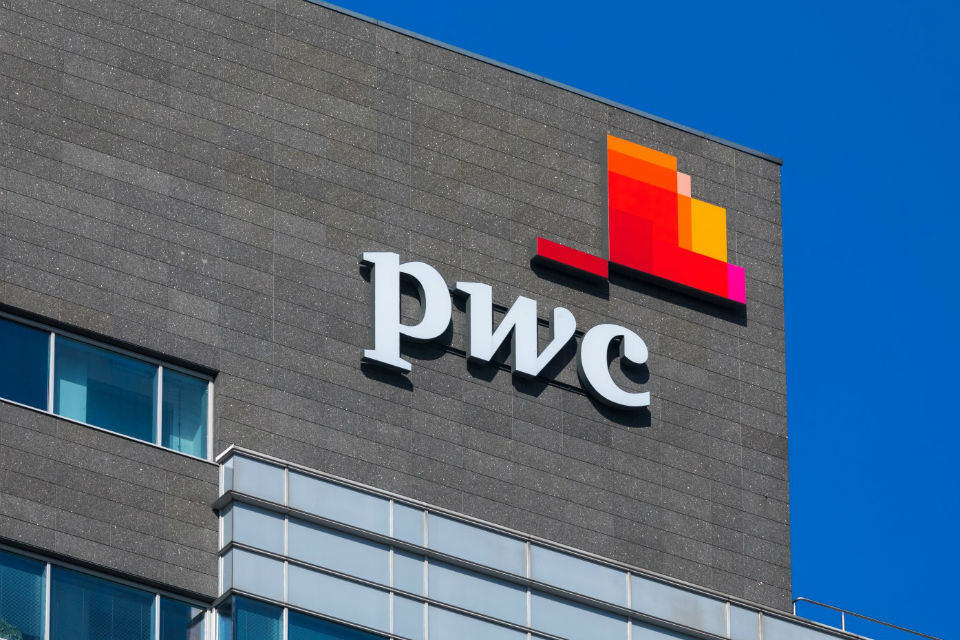PwC: Most companies have experienced at least one disruptive event in the last two years, other than a pandemic

The PwC Global Crisis and Resilience Survey 2023 shows that the vast majority of companies (91 percent) have experienced at least one event, other than a pandemic, that has disrupted their business in the last two years. The percentage is up from that reported in a similar survey conducted by PwC in 2019, when 69 percent of companies had experienced a disruptive event in the previous five years. More than three-quarters of respondents (76 percent) said the most serious disruptive event had a medium or high impact on operations.
Many organisations are confident that they can overcome such an event in the future, especially if it is similar to what they have already experienced, but only a third have plans and programmes in place to manage it.
“In this era of crisis, business leaders must anticipate and prepare for disruptive events. While recognising the importance of a strategic approach to resilience, many do not have a strategy for it. Our research shows that some companies are not planning any investments in fundamental areas such as threat monitoring, supply chain resilience or disaster recovery. Lack of investment not only poses a potential threat but also puts these organisations at a disadvantage to their competitors. Resilience programmes help organisations to react and act quickly in the event of disruptive events,” said Ana Sebov, Director and Forensic Leader, PwC Romania.
In terms of investment, most respondents plan to invest in cyber resilience over the next two years (87 percent), reflecting concerns about the rise of ransomware and other cyber attacks, followed closely by crisis management (86 percent) and emergency management (85 percent). Nearly 60 percent of business leaders understand the need to support resilience strategies with technologies that allow them to extract useful information from across the enterprise.
Key motivations for investing in resilience include strategy, regulation and fear.
The sectors with the most integrated resilience programmes, according to respondents, are technology, media and telecom (28 percent), healthcare (24 percent), energy, utilities and resources (24 percent), financial services (22 percent) and utilities (19 percent).















